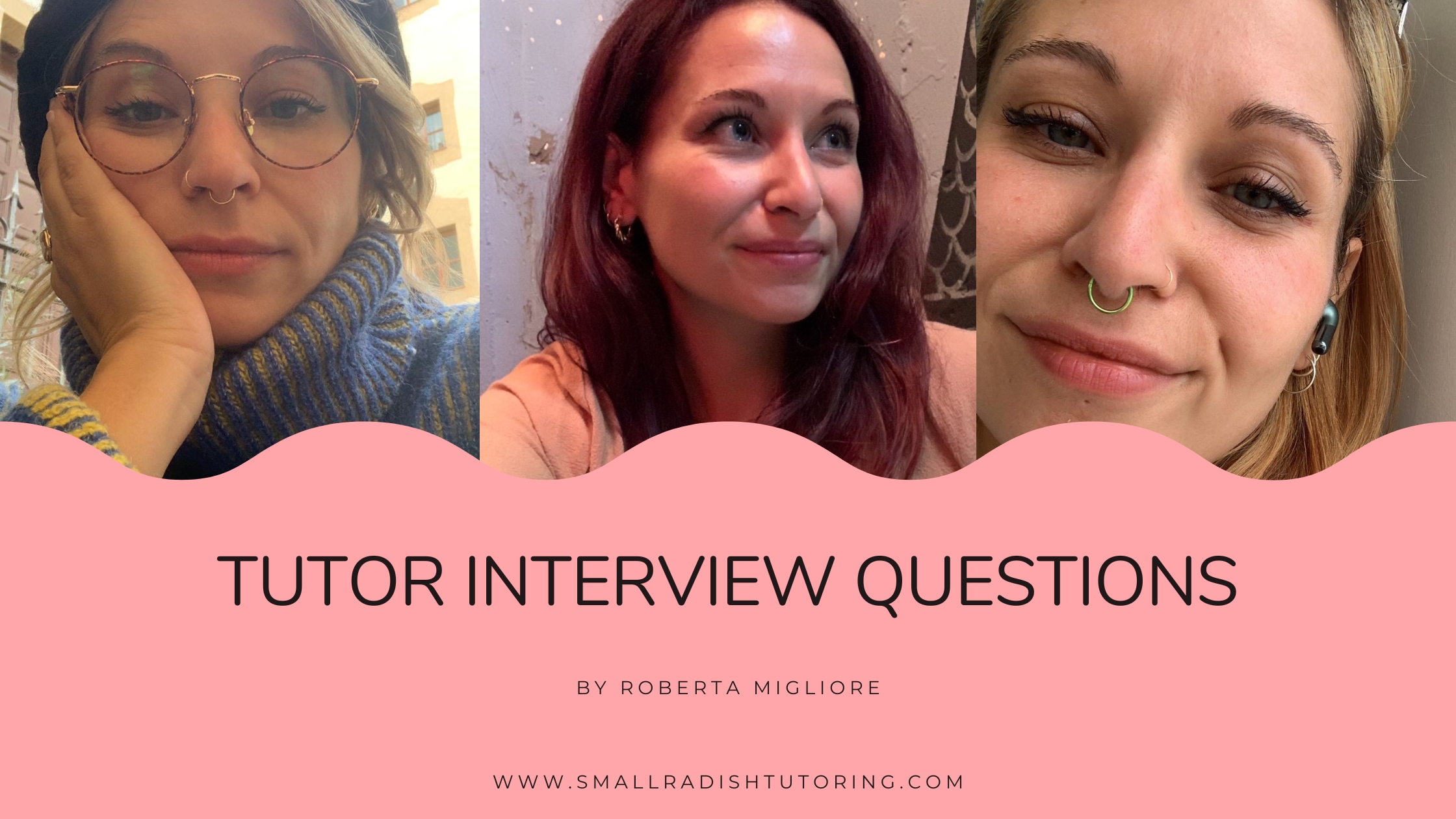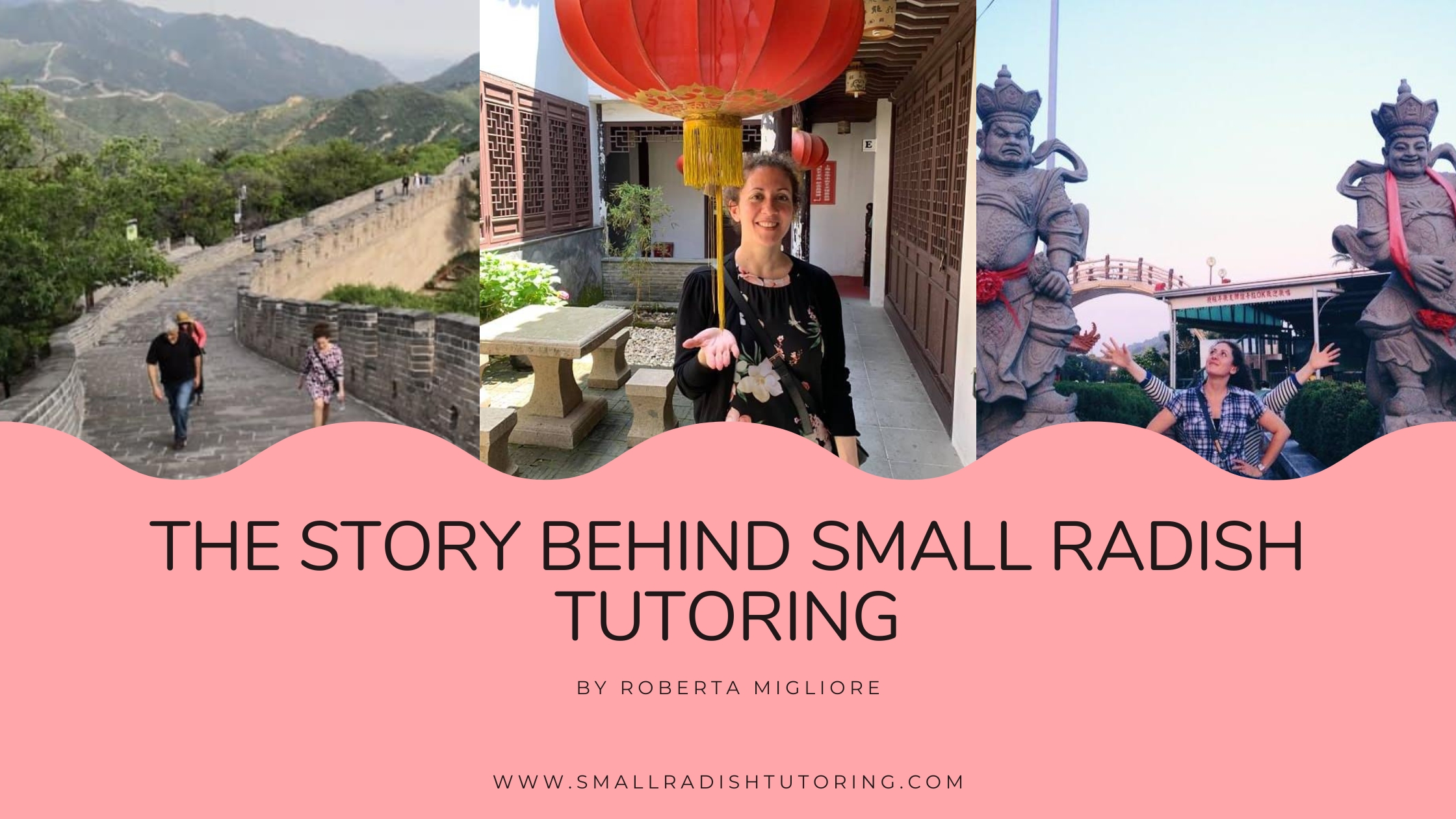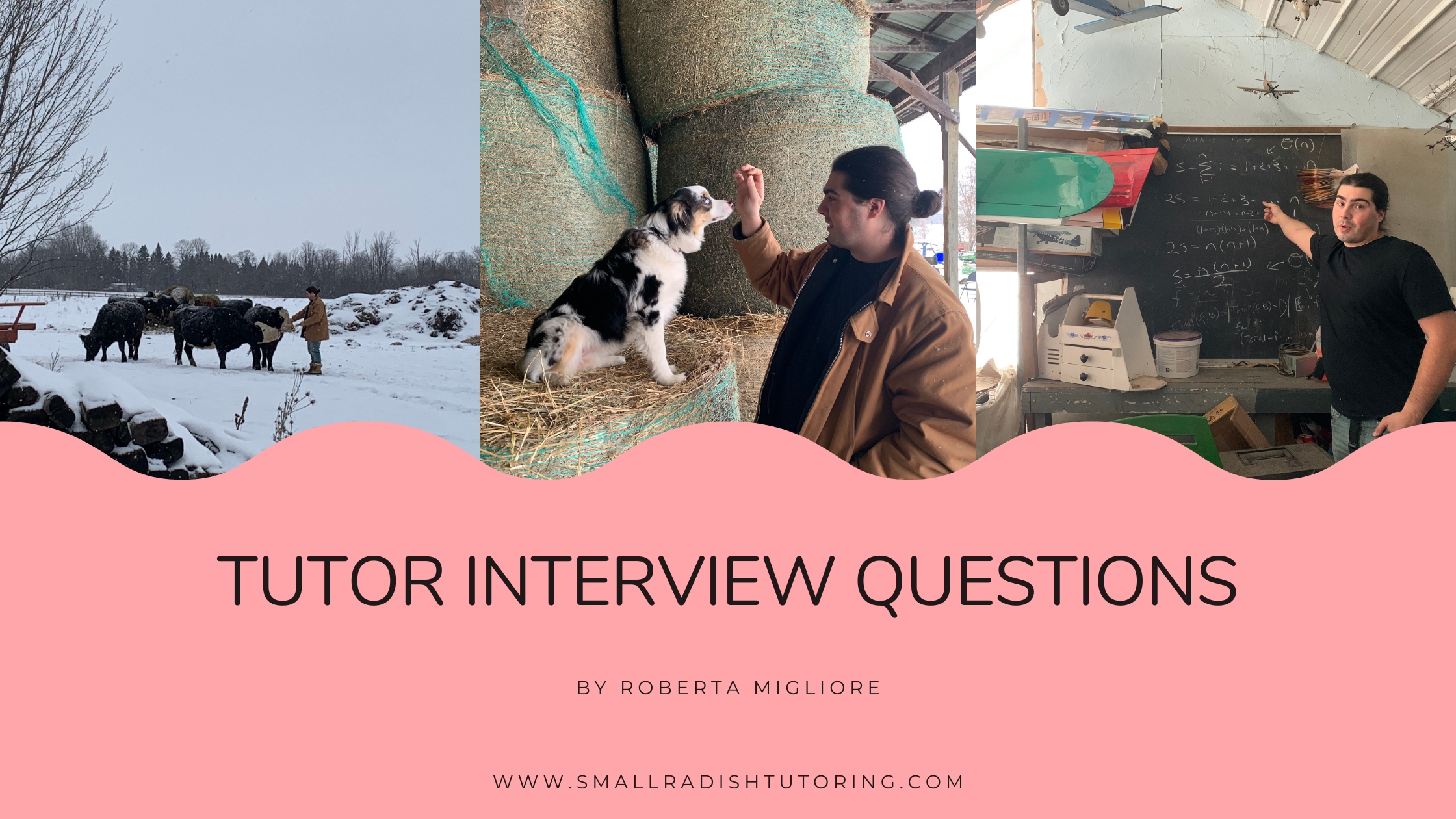Q: What inspired you to learn a second language?
As a Sicilian, I was practically born bilingual! The Italian and Sicilian languages have always coexisted, more so in everyday life than inside my family home, but still, I have always loved both deeply. My first great passions were comic books, especially Japanese manga, and Punk music. One led me to want to learn Japanese, and the other opened the door to English.
To this day, I regret not having kept up as diligently with my Japanese studies, for I am slowly losing my dexterity with it, which is more than a little upsetting.
Q: What differences has speaking multiple languages made in your life?
It has allowed me to be the globetrotter I always wanted to be. It has given me the confidence to apply for research programs, scholarships and fellowships I know I would have not felt as confident to explore and try.
Thanks to knowing multiple languages, I have lived from one corner of the world to the other. This has allowed me to experience several different cultures and societies far more intimately, and it has helped me gain perspective I would have otherwise never had.
Q: What do you think is the best way to learn a new language? For example; apps, tutors, independent research, etc.
I am a big supporter of innovative, non-conventional methodological approaches. Our minds are complex systems, and as such we are complex creatures.
Stimulating all of one’s senses through music, reading and habitual repetitive practices are great habits to develop. I always recommend historical TV-series over movies, children’s books over modern literature for beginners. It is important to discover what a person is really passionate about and then apply it rigorously to the language they’re trying to learn.
Q: How do you teach Italian? How do you structure your courses?
I use the Circular Method, which does not make heavy use of memorization beyond essential passages. It also places the student at the centre of the learning experience and always proposes core knowledge even while going ahead and learning new and more complex parts of the language, because those primary cornerstones will never become obsolete.
My classes can be quite standardised in duration and format, but the approach is very verbal and practical. The work at home also includes also includes exercises in muscle memory and the development of instinctual logical deduction as well as pattern recognition between the student’s native tongue and Italian.
My favourite typology of language practice is book reading, because it involves a consistent set of subjects and possible scenarios while introducing old and new vocabulary. It can be a group activity, and it allows for conversation, reasoning, logical deductions and the use of all Italian grammatical concepts.



